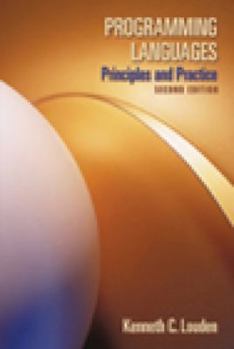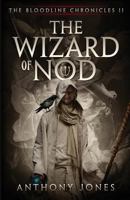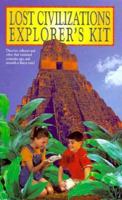Programming Languages: Principles and Practice
Select Format
Select Condition 
You Might Also Enjoy
Book Overview
Kenneth Louden and Kenneth Lambert's new edition of PROGRAMMING LANGUAGES: PRINCIPLES AND PRACTICE, 3E gives advanced undergraduate students an overview of programming languages through general principles combined with details about many modern languages. Major languages used in this edition include C, C++, Smalltalk, Java, Ada, ML, Haskell, Scheme, and Prolog; many other languages are discussed more briefly. The text also contains extensive coverage of implementation issues, the theoretical foundations of programming languages, and a large number of exercises, making it the perfect bridge to compiler courses and to the theoretical study of programming languages. This description may be from another edition of this product.
Format:Paperback
Language:English
ISBN:052156543X
ISBN13:9780521565431
Release Date:June 1996
Publisher:Cambridge University Press
Length:500 Pages
Weight:1.85 lbs.
Dimensions:1.1" x 6.9" x 9.7"
More by Anthony Jones
Customer Reviews
3 customer ratings | 3 reviews
There are currently no reviews. Be the first to review this work.






















































